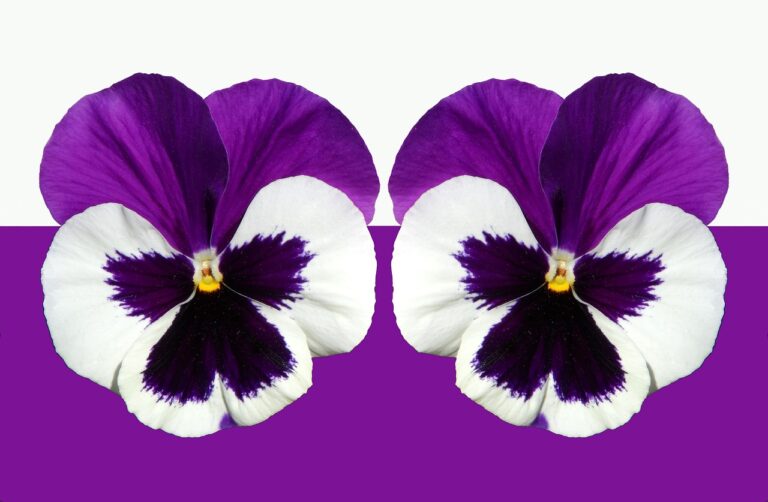Fabric Trends in Sustainable Skiing Accessories: Eco-Friendly Gear for Snow Enthusiasts: 11x bet login, India24bet login, Sky fair
11x bet login, india24bet login, sky fair: Skiing is a beloved winter sport for many outdoor enthusiasts, but as climate change continues to threaten our planet, it’s essential to consider the environmental impact of our gear. Fortunately, the ski industry has been making strides in producing eco-friendly and sustainable skiing accessories. From jackets and pants to gloves and hats, there are plenty of options for snow enthusiasts looking to reduce their carbon footprint on the slopes.
Sustainable fabric trends are on the rise in the skiing industry, with many brands opting for recycled materials, organic fibers, and innovative technologies to create eco-friendly ski gear. These sustainable fabrics not only help reduce waste and conserve resources but also offer high-performance qualities that every skier needs to stay warm and dry on the mountain.
Recycled Polyester: One of the most common sustainable fabrics used in skiing accessories is recycled polyester. This material is made from post-consumer plastic bottles or recycled polyester scraps, reducing the need for virgin polyester production and diverting plastic waste from landfills. Recycled polyester is lightweight, moisture-wicking, and durable, making it an excellent choice for ski jackets, pants, and base layers.
Organic Cotton: Organic cotton is another popular sustainable fabric for skiing accessories. Grown without synthetic pesticides or fertilizers, organic cotton is a more environmentally friendly alternative to conventional cotton. Ski beanies, scarves, and neck gaiters made from organic cotton are soft, breathable, and gentle on the skin, perfect for keeping you cozy on chilly winter days.
Merino Wool: Merino wool is a natural fiber known for its exceptional warmth and moisture-wicking properties. Sustainably sourced from Merino sheep, this renewable material is biodegradable and requires less energy and water to produce compared to synthetic fabrics. Merino wool base layers, socks, and beanies are ideal for skiing in cold conditions, as they provide insulation without bulk and regulate body temperature effectively.
Recycled Nylon: Recycled nylon is gaining popularity in sustainable skiing accessories due to its durability and water-resistant properties. Repurposed from discarded nylon fishing nets or industrial waste, recycled nylon helps reduce environmental pollution and conserve non-renewable resources. Ski gloves, mittens, and backpacks made from recycled nylon are tough enough to withstand rugged mountain terrain while minimizing environmental impact.
Plant-Based Fibers: Innovative plant-based fibers like TENCEL Lyocell and hemp are also being used in sustainable skiing accessories. TENCEL Lyocell, derived from eucalyptus trees, is soft, breathable, and moisture-absorbing, making it an excellent choice for base layers and socks. Hemp, a fast-growing and low-input crop, produces strong and durable fabrics for ski jackets, pants, and backpacks, offering a more sustainable alternative to traditional materials.
PFC-Free DWR: Many sustainable skiing accessories are treated with PFC-free durable water repellent (DWR) finishes to ensure water resistance without harmful chemicals. PFCs, or per- and polyfluorinated chemicals, are toxic to the environment and human health, so opting for PFC-free DWR coatings is a more eco-conscious choice for ski gear. These eco-friendly treatments help repel water, snow, and moisture while minimizing environmental impact.
As more ski brands embrace sustainable fabric trends, snow enthusiasts can enjoy high-performance gear that protects both the planet and their adventures. By investing in eco-friendly skiing accessories made from recycled materials, organic fibers, and innovative technologies, you can ski with a clear conscience knowing that you’re helping preserve the winter wonderland we all love.
FAQs
Q: Are sustainable skiing accessories as durable as traditional gear?
A: Yes, sustainable skiing accessories made from recycled materials and organic fibers are often just as durable and high-performing as their conventional counterparts. Brands are combining sustainability with quality to ensure long-lasting gear for snow enthusiasts.
Q: Can I find a variety of styles and colors in eco-friendly ski gear?
A: Absolutely! Many ski brands offer a wide range of styles, colors, and designs in sustainable skiing accessories. Whether you prefer bold patterns or classic neutrals, you can find eco-friendly options to suit your personal style on the slopes.







